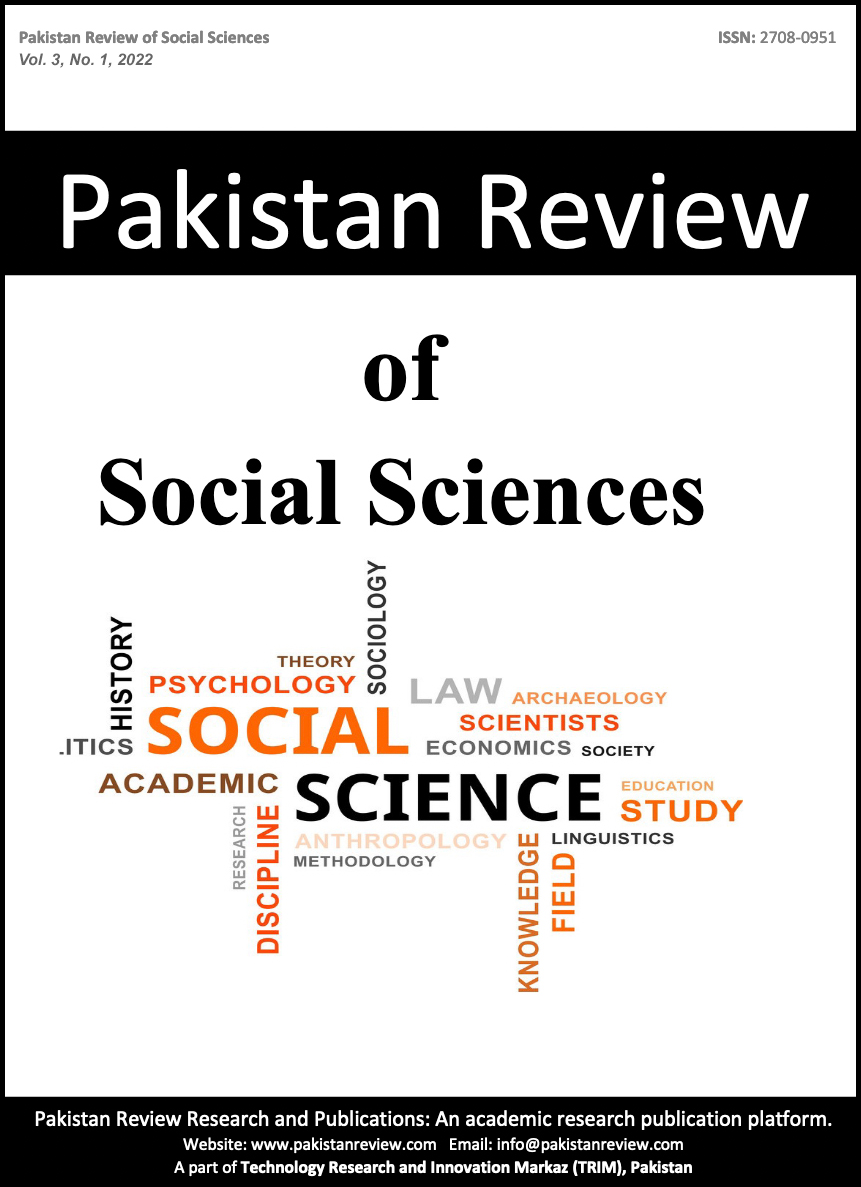Micro-Finance Banking (MFB) in Pakistan and Its Impact on the Well-Being of Low Income Individuals Living in Rural Areas of Pakistan.
(Case Study: Peripheries of Rawalpindi / Islamabad)
Abstract
Micro-Finance Banking (MFB) in Pakistan is one of the focused channels in poverty alleviation projects undertaken by State Bank of Pakistan and Government of Pakistan in general. This study examines the procedures of Loan Processing System (LPS) of MFBs in Pakistan. The study helps in analyzing the impact of loan processing formalities with regards to emancipation of low income groups or individuals of Pakistan’s rural areas, peripheries of Rawalpindi & Islamabad, in particular. The study test the theoretical model in relation to MFBs and their impact on above-stated dimensions by using sample data on the low income individuals living in the peripheries of Rawalpindi & Islamabad cities. The data gathered from MBFs, organizations through field work and directly from the borrowers / clients of MBFs were analyzed by statistical tests of correlation and regression with a sample size of 200 out of which 190 respondents’ data was appropriate to use for analyses. The conclusion drawn are significant with high positive correlation of MFBs with the well-being of low income groups / individuals living in rural areas. The results confirm the role of moderating variable indicating that the well-being of the low income groups / individuals is contingent on the easy loan processing systems / procedures of MFBs. Areas of further research have been suggested in this study report.
Downloads
Published
Issue
Section
License
Submission declaration
Authors retain the copyright to their work and grant the Pakistan Review of Social Sciences (PRSS) the right of first publication under a Creative Commons Attribution 4.0 International (CC BY 4.0) license. This license allows others to share, adapt, and reuse the work for any purpose, including commercial use, as long as appropriate credit is given to the original authors and the journal.
By submitting a manuscript, authors confirm that the work has not been published previously (except as an abstract, lecture, or academic thesis), is not under review elsewhere, and has been approved by all authors and relevant authorities. Once accepted, the article will be openly accessible under the CC BY 4.0 license, ensuring wide dissemination and reuse with proper attribution.






